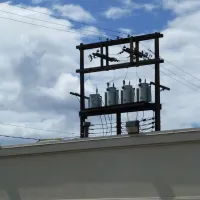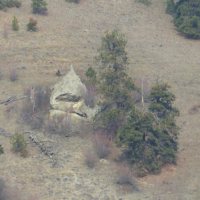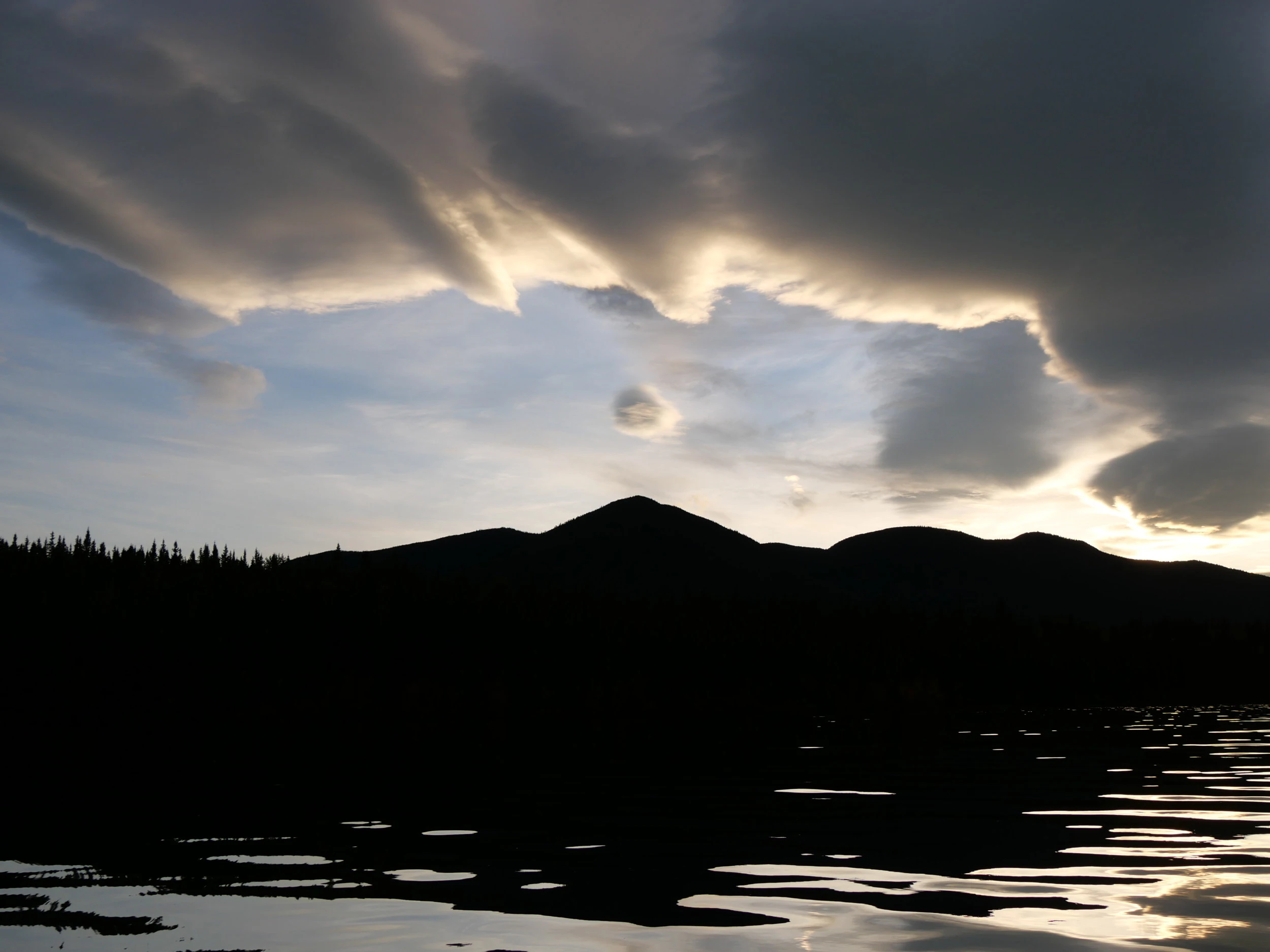The journey you have been walking with me on this blog is making its way further out into the world. What great news! CBC Books has announced its shortlist for the 2017 CBC Poetry Prize. Look at us proudly standing in for our poems.
The Poets and the Poems
l to r: Cornelia Hoogland (Tourists Stroll a Victoria Waterway), Laboni Islam (Lunar Landing, 1966), Sarah Kabamba (Carry), Alessandra Naccarato (Postcards for My Sister), and Saying the Names Shanty (Harold Rhenisch).
I am proud that my poem Saying the Names Shanty is making its way across the country today as one of the five short-listed poems, and I am humbled that only five poets are representing the 33 poems of the long list, announced last week. That is a great responsibility.
The Full List
http://www.cbc.ca/books/literaryprizes/33-writers-make-the-cbc-poetry-prize-longlist-1.4389859.
Wouldn’t it be great if all 33 of us read our poems together and then opened the floor to a big open mic for the other 2400 entrants. It would take a full weekend, at least. Or a year-long tour. I’m all for it.
Closer to home, you can see that my writing workshop group here in Vernon is thrilled. And surprised!

And here is my poem swimming towards the Manhattan Project’s moth-balled plutonium reactors on its journey into the world…
…across the nx̌ʷɘntkʷitkʷ and on…
The nx̌ʷɘntkʷitkʷ (The Columbia River), or Who Needs the English Language Anyway!
By Columbiarivermap.png: Kmusser derivative work: Ivan25 (Columbiarivermap.png) [CC BY-SA 3.0 (https://creativecommons.org/licenses/by-sa/3.0)%5D, via Wikimedia Commons
https://upload.wikimedia.org/wikipedia/commons/d/d1/Columbia_River_Basin_map-sr.svg
Some of that water is the snow that falls on the valley that speaks, in part, through me as Saying the Names Shanty. The nx̌ʷɘntkʷitkʷ is one of the big rivers of the continent, with a massive pull, but it looks like the poem has good legs, so that’s good. As I mentioned last week, here, the poem is about saying the names for the social fields, rivers, grasslands and rivers in which I live, including the qawsitkw, below, that leads salmon through the reactor fields to Siberia and back home to the rattlesnakes and prickly pear cactus.
The Syilx Fishery at nʕaylintn.
The last unbroken salmon run on the Columbia and the source of renewal for the whole plateau.
The poem is one of many eyes of this story I have landed on. Here are some of its sisters, at Ktlil’x:

The sacred water at the heart of my country, with a rogue Russian Olive trying to blend in as only a date can.
There are more images here: https://okanaganokanogan.com/2012/04/16/sacred-waters-part-one/
You can find out more about syilx names for this country on the naming project, sqʷəlqʷltulaʔxʷ, or, roughly, Voices on the Land.
In the spirit of coming together, let’s sing a poem today and be brought to life by its voice, wherever it finds us, however we make ourselves open to it, in a shared giving of thanks that poems can still find us. I’m so proud that my poem is out there, giving thanks in a brighter voice than I can without it, and in your company, too. What a bonus! Thank you, from a Transparent apple tree and its dandelion-headed caretaker.
Categories: Gaia, Grasslands, History, Light, Nature Photography, News, Okanagan Art, Spirit, Water


















Congrats!!!
LikeLike
Thanks! It’s nice to hear from you and the beach!
>
LikeLiked by 1 person
Yes, still here, can’t leave. The beach, the sea, the blog. Your poems. 🙂
LikeLike
Indeed! Here’s “Pacific Beach” on the Olympic Peninsula (Northern Washington) to share one beach to another! Next stop: Japan!
>
LikeLiked by 1 person
Wonderful news! Fingers crossed.
LikeLike
Thanks!
Just hitching a ride with my poem! But it’s got some good stories, so the trip is fun.
>
LikeLike
This is wonderful news.
LikeLike
Yes, it is. Thanks for adding your voice to the celebration.
>
LikeLike
Congrats. So glad to be witnessing your ride!
LikeLike
My poem has room for all!
LikeLike
Congrats!!!!Great news!
LikeLike
Great news! And I love the generous spirit in this post.
LikeLike
Thank you. One can’t, after all, possess a poem. What would be the point? And it would be disrespectful to claim ownership of a poem except in the sense of being its caretaker. As with the land. Well, after over four decades at this dance, one lives through changes, and changes so much, and generations and certainties come and go, that generosity and gratefulness are left. That a poem should still come, as new as the world!
>
LikeLike
Amen.
LikeLiked by 1 person